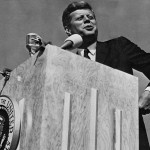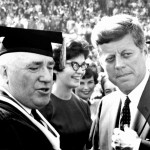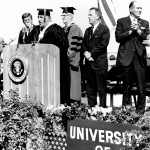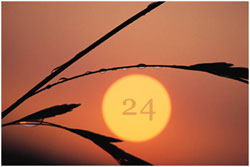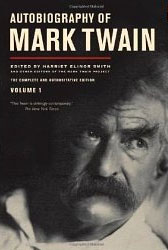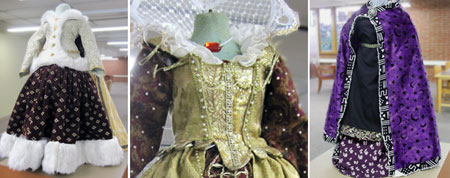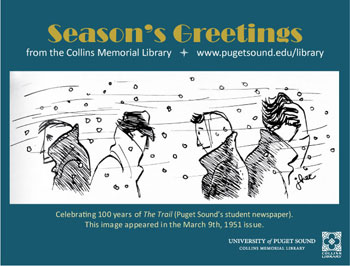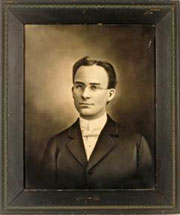
December 9, 2010
INFORMATION LITERACY PART II: LOOKING AHEAD
Project Information Literacy:
Project Information Literacy (PIL) is a UW-based national study focusing on the information-seeking behaviors of early adults in the digital age. The study is collecting using data from 25 institutions nation-wide, including private liberal arts colleges, large research universities, state colleges, and community colleges. The research team has been analyzing data and publishing highly illuminating reports, papers, and videos on the results, ranging from how and why students use Wikipedia to students’ frank descriptions of the challenges they face when conducting academic research. The Project Information Literacy website provides access to all of these publications. The website also offers “Smart Talks” which feature scholars and teachers responding to the results of the project; thus far, contributors to “Smart Talks” include John Palfrey, Professor of Law at Harvard University; Andrea Lundsford, Director of the Program in Writing and Rhetoric at Stanford University; and Peter Morville, author and president and founder of Semantic Studios, a consultancy in user experience, information architecture, and findability.
Although Project Information Literacy provides extremely valuable information about the information-seeking behavior of college students in general, it does not speak to the specific experiences and competencies of our own Puget Sound students. The Research Practices Survey does provide information specific to our students, but it tells us only what they come in with, rather than what they learn over their four years here. For these reasons, Collins Library endeavors to undertake a longitudinal study of the information-seeking behaviors and information literacy competencies of a representative sample of Puget Sound students throughout their college career. At this point, the project is still in its infancy, with plans to submit a proposal to IRB. Faculty input into the project design would be most welcome. Please contact Peggy Burge at pburge@pugetsound.edu if you would like more information.
What Can a Student Who Is Information-Literate Do?
What specific information literacy skills would we like our students to be able to demonstrate? The answers naturally will vary according to the discipline, the level of the course, and other factors. Nonetheless, there are fundamental baseline information literacy skills that we believe all students should be given an opportunity to learn and demonstrate. The librarians have drafted a list of these foundational information literacy skills. Because the acquisition of information literacy competencies is an iterative, developmental process, we have indicated which skills students should be able to demonstrate competently by the end of the first year of college, and which concepts should simply be introduced.
These six information literacy competencies are not presented in weighted order; instead, we consider them to be interconnected. This is only a draft, intended to spark discussion. We would love your feedback. Please share your comments with Peggy Burge pburge@pugetsound.edu.
Citations/Plagiarism/Academic Integrity
– By end of first year
- Ability to read citations to determine whether the item is a book, an essay within a book, a journal article, or a work of multimedia (i.e., a film or a piece of recorded music).
- Ability to create a bibliography in a specific style (i.e., APA, MLA, Chicago, etc.) of commonly used types of materials (books, journal articles, etc.)
- Understanding of basic principles of academic integrity (when to cite and why)
– Introduction to concepts
- Uses of knowledge management tools like RefWorks or Zotero
- Awareness of nuances in the realm of copyright and intellectual property
Types, Purposes, and Uses of Information
– By end of first year
Ability to identify the following types of information, with the understanding that definitions are contextual:
- Scholarly vs. Popular
- Primary vs. secondary
- General vs. specific
- Current vs. historical
- Empirical vs. anecdotal
- Qualitative vs. quantitative
– Introduction to concepts
- Information cycles among the disciplines
- When, how, and why to use various types of information within various disciplines
Information Retrieval Skills, Search Strategies, and Search Construction
– By end of first year
- Basic structure of academic libraries, stressing their interconnectedness WorldCat, Interlibrary loan)
- Known-item searching:
- Use library catalog to locate local holdings of books, DVDs, and CDs
- Use call numbers to physically locate books in the stacks
- Use Journal Locator to locate specific articles, whether in digital or paper formats
- Use interlibrary loan when materials are not available locally (SUMMIT for books, ILLiad for journal articles)
– Introduction to concepts
– Discovery searching
- Identify appropriate databases to search (Research by Subject pages)
- Use Boolean logic to broaden or narrow searches, as needed
- Use knowledge of classification systems (Library of Congress, discipline-specific thesauri) to locate relevant sources
Formation of Research Questions
– Introduction to concepts
- Appropriate use of general information resources (subject encyclopedias, textbooks, etc.)
- Formation of research questions within the disciplines
Evaluation of Information
– Introduction to concepts
- Critically evaluates sources for biases, reliability, scope, and situational appropriateness
- Seeks out best possible sources, rather than settling for “good enough”
- Moves away from binary opposition of “good vs. bad sources” to a more nuanced understanding of what kinds of information are appropriate within the disciplines
Seeking Help
– Introduction to concepts
- Recognizes situations when help or advice is needed
- Uses online resources (tutorials, library course research pages, etc.) to answer basic questions
- Seeks advice/help/input/feedback from appropriate experts (librarians and professors) during the research process
Need Information? Don’t forget the Collins Memorial Library
Database List A-Z
Questions? Contact your
liaison librarian
Comments: Contact
Jane Carlin, Library Director
Remember – Your best search engine is a Librarian!
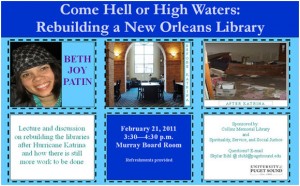 Monday, February 21, 2011, at 3:30 p.m. — Wheelock Student Center, Murray Boardroom.
Monday, February 21, 2011, at 3:30 p.m. — Wheelock Student Center, Murray Boardroom.
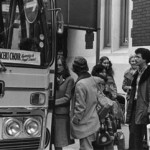
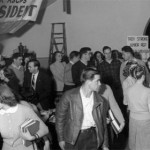
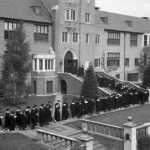
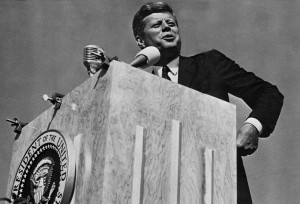 The John F. Kennedy Presidential Library and Museum, dedicated to the memory of our nation’s 35th president, has opened a new
The John F. Kennedy Presidential Library and Museum, dedicated to the memory of our nation’s 35th president, has opened a new 